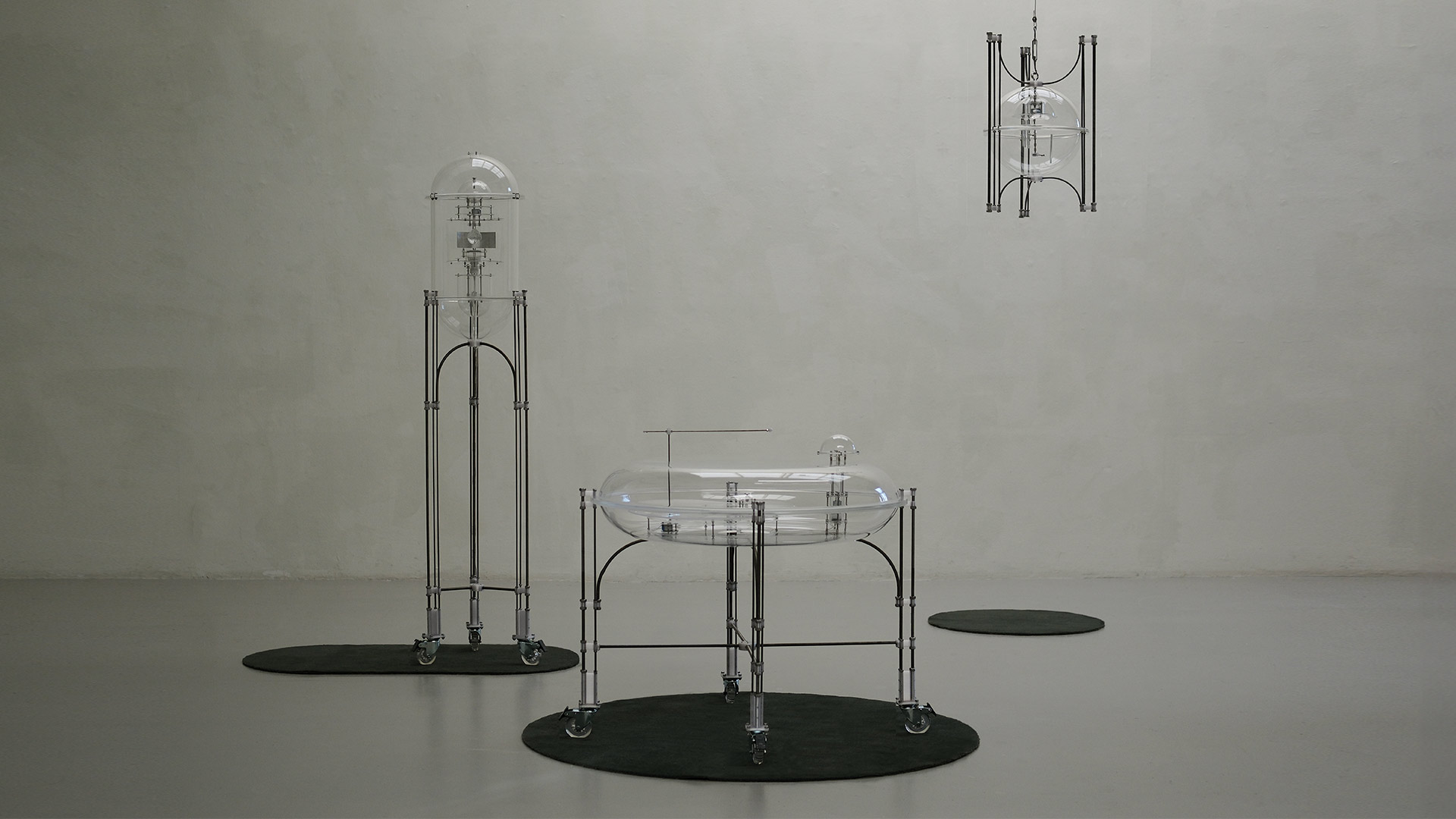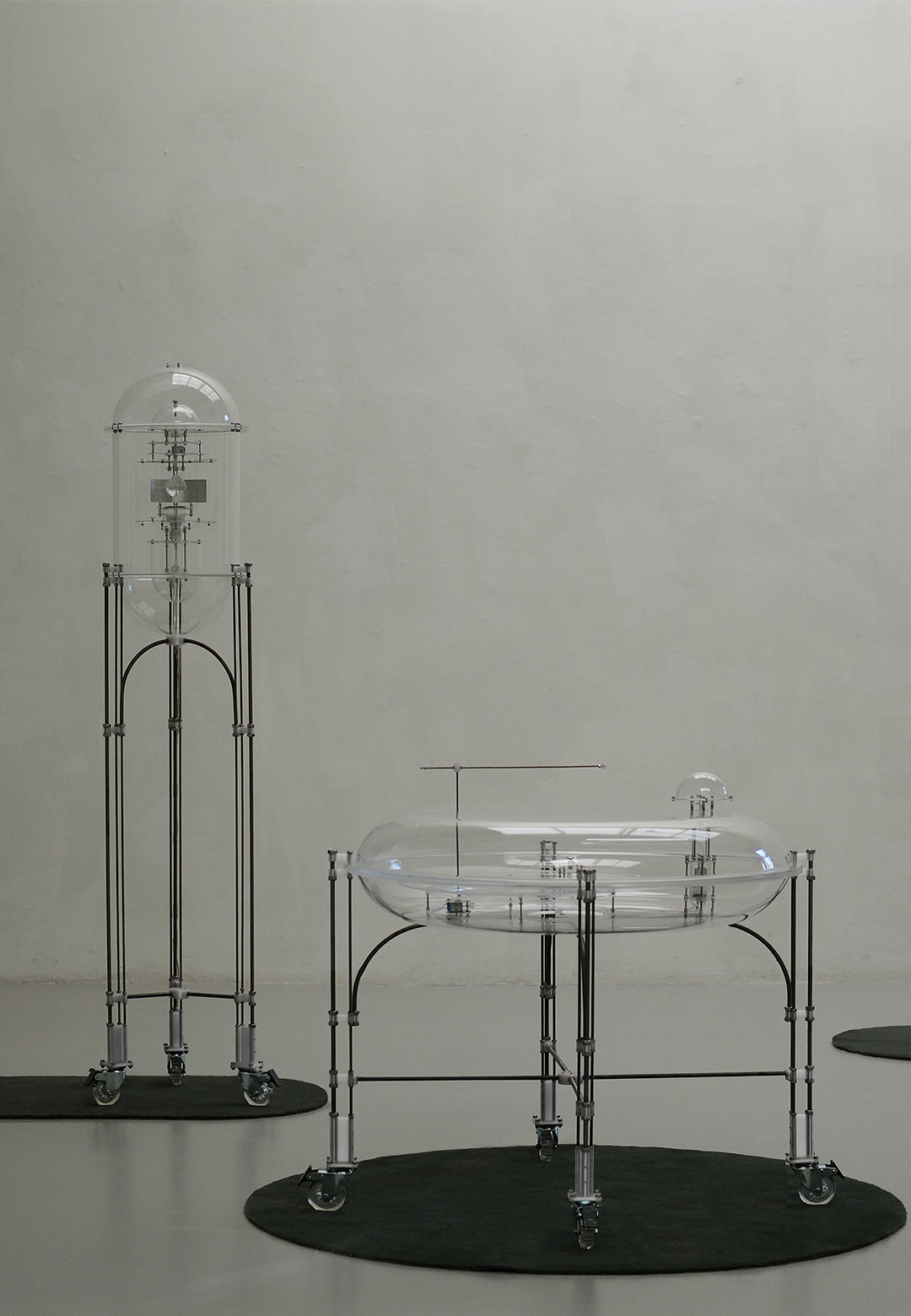In the rich tapestry of ancient East Asian traditions, Feng Shui has woven its threads for over 5000 years, seeking to achieve harmony and balance between humans and the natural environment. The fusion of “feng” (wind) and “shui” (water) encapsulates a tradition deeply rooted in the dynamics of Qi, the natural flow of energy. This ancient philosophy revolves around the meticulous arrangement of the material world, aiming to promote well-being, prosperity, and good fortune. It has left an indelible mark on traditional East Asian landscapes, influencing the placement of communities, homes and even gravesites.
Despite its rich history, much of Feng Shui’s true essence has been overshadowed by the influx of commercialisation. What once was a profound spiritual and philosophical pursuit has transformed into a commodity fetish, losing its core values in the process. Originally held at a revered place in Chinese tradition, Feng Shui has transitioned into a tool readily accessible to anyone, losing its spiritual depth and becoming a commonplace instrument for designing human environments.
In the contemporary world, Feng Shui’s spiritual essence has been eclipsed by consumerism. The shift from an esoteric philosophy to a widely accessible tool has led to the dilution of its essential teachings, reducing it to a commodity available to all. The allure of spirituality has been replaced by a quest for quick fixes and easily implemented solutions, a transformation reflected in the commodification of the tradition in today’s globalised society. Capturing Qi by Yoojin Chung, becomes a poignant response to this modern predicament, questioning the implications of this commercial shift on the timeless principles of Feng Shui.
Chung, an interdisciplinary designer hailing from Seoul, brings attention to this cultural transformation through her satirical project, Capturing Qi. With a background in architecture from the Bartlett School of Architecture, UCL in London and a recent graduate in MA Contextual Design from the Design Academy Eindhoven in the Netherlands, Chung’s practice seamlessly weaves together space, object and research.
Chung’s project emerges as a poignant commentary on the commodification of Feng Shui in the post-modern era. By transforming popular products like the crystal ball, wind chime and fountain into smart home devices, she illuminates the irony of attempting to capture the intangible essence of Qi through tangible, mass-produced objects. This approach challenges tradition with contemporary designs, where the pursuit of harmony and balance has been overshadowed by a consumerist mindset. Encapsulating the essence of her project, the product designer says, “Capturing Qi is a satirical nod to the shifting traditional customs of post-modern Feng Shui, propelled by a society under pressure to continuously maximise our success”.
The challenge arises in understanding the motives behind consuming Feng Shui objects. The act of purchasing these items reflects a desire for control, even over the uncontrollable. Control, in this context, provides a semblance of order, stability and safety in a world filled with uncertainties. The attempt to make the invisible, visible through commodified objects demonstrates a societal inclination towards quantifying and materialising aspects of life that were once deeply rooted in philosophy and tradition. In the globalised marketplace, Feng Shui has become a hyper object, a symbol whose essence is diluted and transformed into tangible commodities.
Chung’s installation features Feng Shui smart devices inspired by commonly commodified objects such as the crystal ball, wind chime, and fountain. These devices resembling scientific apparatus from a laboratory such as a test tube, conical flask and petri dish, are crafted from transparent vacuum-formed acrylic, metal and 3D printed joinery. The intentional design and materiality of these product designs serve as a commentary on the historical identification of invisible substances during the 18th century. The Korean designer draws a parallel between the identification of gases in the past and the modern interpretation of Qi, making the intangible visible.
The strategic placement of these devices within the home is guided by the Bagua Map, a fundamental Feng Shui tool dictating eight areas of life. Mounted on castors, the devices offer mobility, encouraging users to actively engage with their living spaces and fostering harmony between the physical and metaphysical realms. This thought-out placement becomes a symbolic act of reclaiming the true essence of Feng Shui.
Central to the project is a smartphone app that acts as a control hub for the devices. This app bridges the tangible with the intangible flow of energy. Reflecting modern aesthetics and technology while incorporating traditional symbols, the app enhances user interaction and engagement. Users can now actively participate in the ancient practice through a modern interface. The interactive nature of the app encourages users to be more mindful of their desires for success. With the ability to capture and diffuse Qi at the press of a button, individuals are granted a sense of control over the invisible forces central to Feng Shui. The incorporation of the Bagua map within the app ensures users consider traditional principles while using the devices.
Chung’s project extends beyond the physical installation. It intertwines with her master’s thesis, “Hyperobjectifying Qi”, where she explores the challenges of understanding Qi from a Western perspective. The framework of Hyperobjects, as introduced by Philosopher Timothy Morton, serves as a valuable tool to analyse the interconnected nature of Qi and exposes the complexity of imposing Western scientific methods onto this Eastern phenomenon. The five main characteristics of Hyperobjects are viscosity, nonlocality, temporal undulation, phasing and interobjectivity. Each chapter examines different aspects of Qi, such as the global spread of Feng Shui, the shift from traditional to modern applications, the impact of modern science, the commodification of the tradition and the constellation system within the practice. They form the basis of the contextual designer’s exploration, providing a philosophical perspective on the intricate nature of Feng Shui in the modern world.
Chung’s Capturing Qi series is a profound exploration that transcends satire and innovation. It becomes a mirror reflecting our collective relationship with ancient traditions in a fast-paced modern world. The meticulously designed pieces, their intentional placement and the transformative app collectively narrate a story of reclaiming the essence of Feng Shui, urging us to recognise the wisdom within the intangible flow of Qi. “There is a dual message of both criticisms on the commodification of Feng Shui but also for a bit of hope for something beyond our control and suggests that these devices may be the modern solution to be in control of your life”, says the contemporary designer. In the delicate interplay between tradition and progress, the Capturing Qi series extends a call to explore the threads that weave together ancient wisdom and contemporary desires. Beyond a mere reflection of the evolving human experience, Chung’s creations act as a guide, encouraging us to decipher the nuanced connections shaping our collective journey through time.






 Sign in with email
Sign in with email










What do you think?